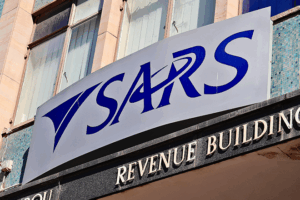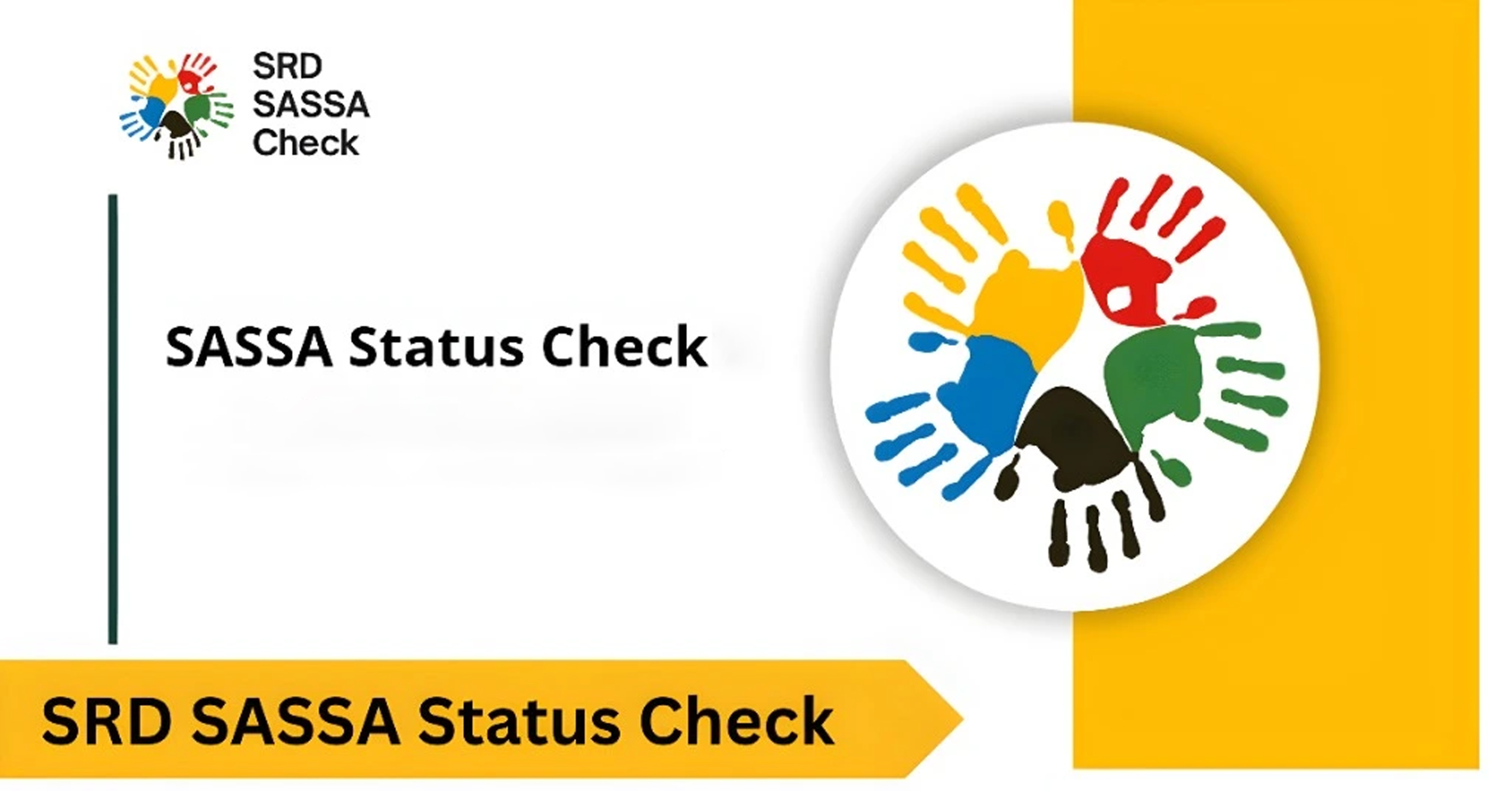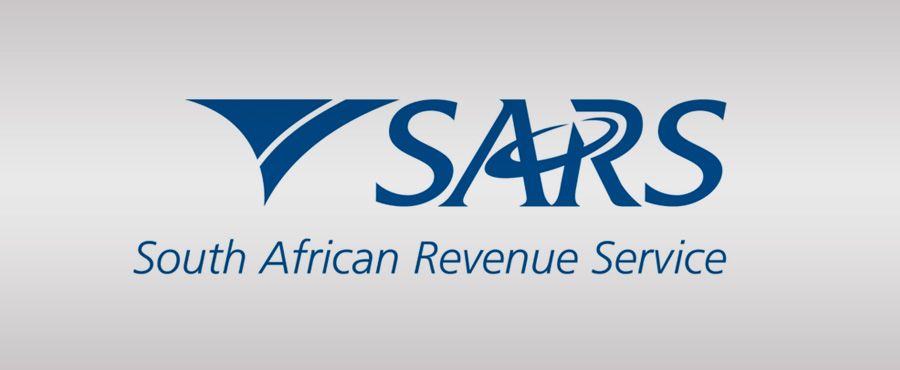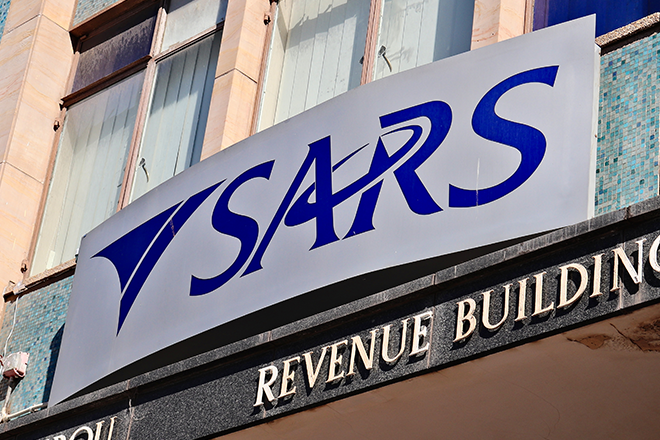Nedbank has revised its projected Gross Domestic Product (GDP) growth rate for South Africa in 2025 from 1.5% to 1%, citing deteriorating global trade conditions and domestic uncertainties. The announcement follows the bank’s release of its interim financial results for the six months ending June 2025.
The downgrade came during a media briefing with Nedbank Chief Executive Jason Quinn, who reflected on the bank’s performance and the broader economic landscape. Quinn said while some domestic economic indicators are improving such as lower interest rates and inflation the external environment, particularly the impact of impending US trade tariffs, is weighing heavily on investor and consumer confidence.
“Prime at 10.5% with the latest interest rate cut is a lot more conducive to consumer lending and the ability to repay, so that’s a positive. Low inflation is also a positive,” said Quinn. “But escalating trade tensions globally are dampening business sentiment.”
Solid Financials Despite Global Pressures
Despite the more cautious economic outlook, Nedbank posted solid interim results:
- Revenue rose by 4% to R36.4 billion.
- Diluted headline earnings per share grew by 7%.
- Deposits increased by 10%, while lending grew by 6%, with gains in home and vehicle finance.
The bank also saw a decline in credit losses, which Quinn interpreted as a sign that South African consumers are managing their debt better in the current environment.
As part of a strategy to streamline its focus, Nedbank announced that it will divest its 21% stake in Ecobank, the prominent West and Central African financial services group. Quinn emphasized that the decision aligns with Nedbank’s commitment to concentrate on businesses where it has operational control and influence.
Tariffs and Trade Risks Loom Large
Nedbank’s forecast adjustment follows recent news that the United States will impose 30% tariffs on South African goods, a development expected to weigh on local exports and manufacturing activity. Analysts warn that this could contribute to sluggish business expansion and restrained hiring.
Quinn confirmed that the bank had factored in the likely effects of the tariffs into its new forecast.
While the South African Reserve Bank’s recent interest rate cut and declining inflation have provided some relief to households and businesses, overall GDP growth is likely to remain subdued. Nedbank’s move reflects wider market sentiment that, although macroeconomic fundamentals are stabilising, external shocks continue to threaten economic recovery.
“We remain optimistic about the resilience of South African consumers,” said Quinn. “But achieving high growth in this global environment requires policy certainty, structural reforms, and stable international relations.”











